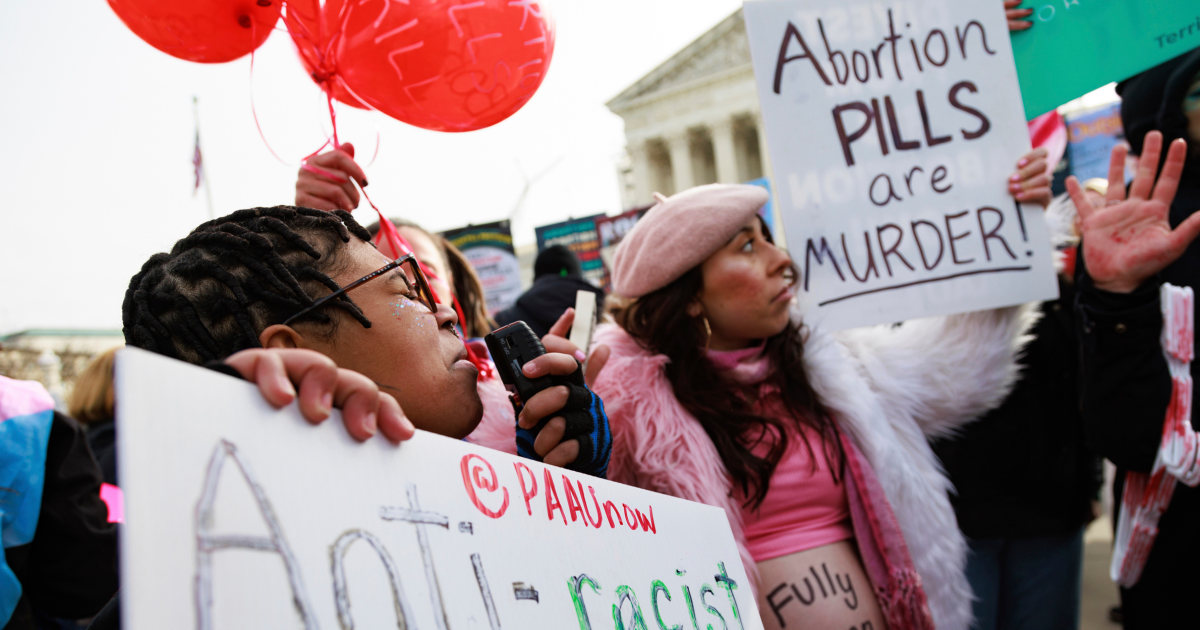PHOENIX — It was business as usual for anti-abortion activists on Thursday. Despite the state Supreme Court ruling this week that an 1864 abortion law was enforceable, groups stood outside of abortion clinics with signs and megaphones, trying to dissuade people from seeking the procedure.
Matt Engelthaler, 49, held a “Choose Life” sign outside the Camelback Family Planning center. While it seems Tuesday was a victory for anti-abortion activists, he said, clinics can continue serving patients for at least two weeks because the court put its ruling on hold.
“That’s why we’re here, because even though we won with the Supreme Court, they’re going to probably try to stay open for at least the next two weeks,” he said of the clinic. “For us, any life lost to abortion is not acceptable.”
The 1864 Arizona law outlawed abortion from the moment of conception, with an exception to save the woman’s life. It made abortion a felony punishable by two to five years in prison for anyone who performed an abortion or helped a person obtain one. Tuesday’s decision effectively undoes a lower court’s ruling that held that a recent 15-week ban superseded the law.
Reproductive rights advocates and supporters like Arizona Attorney General Kris Mayes have called the law “draconian” and argued that a 160-year-old policy has no place in the state’s modern political landscape. But Lynn Dyer, 80, with the Life Choices Women’s Clinic doesn’t see it that way. She said she was “overjoyed” when the ruling came down.
“I don’t care if the law was in 1860 or whatever. It could’ve been 300 years ago or in the future 500 years. It’s always wrong to kill an innocent child,” Dyer said.
Seven miles away, at Acacia Women’s Center, anti-abortion activists took a more aggressive approach. On the sidewalks they posted large, red signs with Dr. Ronald Yunis’ name and face on them, alleging that the doctor “kills 150 innocent babies here every month.” One spoke with a megaphone. Others ran up to cars and people entering the center, yelling for them not to go inside and not to receive an abortion.
James Baird, 39, said the state’s anti-abortion law should criminalize women without access to abortion who attempt to perform them on themselves.
“There’s no penalization of women,” Baird lamented. “Women are free, under the law, to do a DIY abortion without any repercussions from the law. We want the law to protect these babies just like the law protects you and I.”
Tuesday’s ruling is the latest setback for abortion rights since the U.S. Supreme Court in 2022 overturned the landmark Roe v. Wade ruling, which guaranteed a constitutional right to abortion for nearly half a century. Since then, nearly two dozen states have banned or severely restricted access to abortions, kicking off a wave of legal challenges.
Former President Donald Trump, in the past, took credit for appointing the Supreme Court justices who overturned Roe v. Wade. Monday, he said that abortion decisions should be left to the states.
In the days following Tuesday’s decision, reproductive rights groups and advocates have protested across the state as abortion providers wrestle with how to move forward. The state Supreme Court said Tuesday it would put its decision on hold for 14 days so a lower court can consider “additional constitutional challenges.” Reproductive rights advocates can appeal the ruling in the two-week window. Meanwhile, a separate, ongoing suit would allow abortion providers to continue providing services through the 15th week of pregnancy until the end of May.

